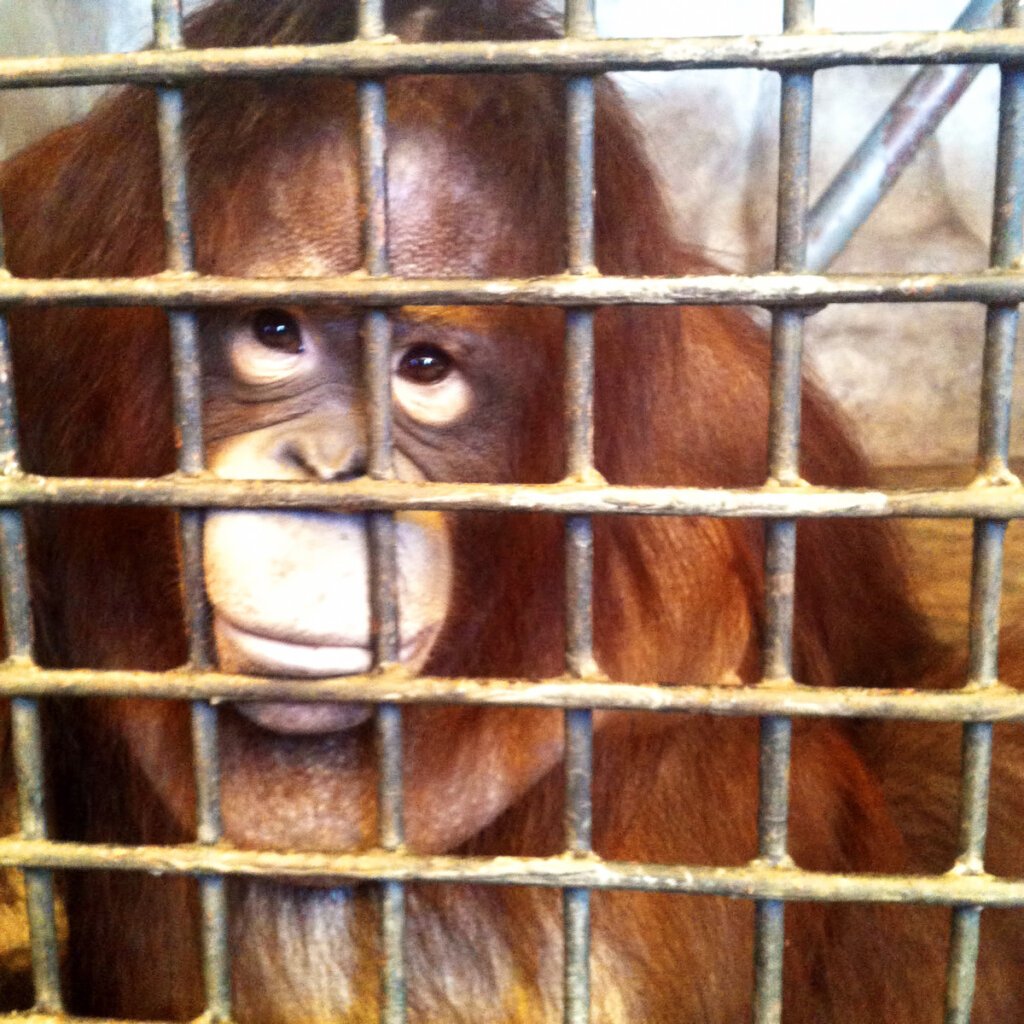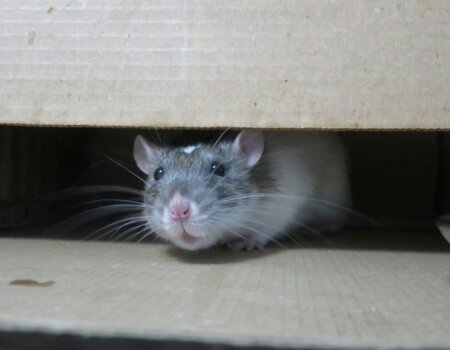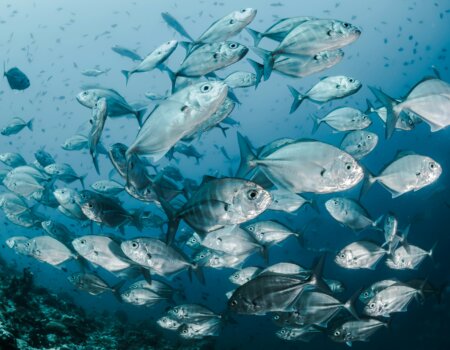New Zealand’s New Rules: Calves Must Be 4 Days Old Before They’re Killed
The New Zealand government has introduced a string of new regulations relating to the treatment of bobby calves by the dairy industry.
These regulations are meant to improve the welfare of these vulnerable and sensitive animals, including by requiring that calves must be at least 4 days old before being transported for sale or slaughter.
It will also be illegal to transport calves by sea, and calves may be killed with blunt-force trauma only “in an emergency”.
Nathan Guy, Primary Industries Minister, said there needs to be a strict code for animal welfare.
But we must question why killing babies or slitting their throats is being touted as “humane”.
Less than two weeks ago, Noel Piraka Erickson pleaded guilty in a New Zealand court to the “very serious” mistreatment of 115 bobby calves at a facility in Te Kauwhata, Waikato.
http://www.facebook.com/ONENewsNZ/posts/10153509529256218
Erickson was caught after undercover cameras recorded him hitting calves over the head with a metal bar, throwing and kicking them, and dragging some with a metal gate, “jamming and trapping limbs … as they [were] pushed across the concrete floor”.
These latest changes are an apparent attempt to address concerns from an outraged public that some of the approximately 2 million bobby calves sent to processing works each year are not dealt with humanely. It’s estimated that at least 5,000 calves died en route to processing works in 2015.
While some of the new regulations may very slightly improve conditions for bobby calves, the sad reality is that as long as we continue to use their mothers for dairy foods, these babies will continue to be abused and killed. There’s also no guarantee that the rules will be followed – regulations already in place are not always adhered to.
“There were actually already rules in place about how animals need to be treated in New Zealand, and those people were quite happy to break those laws, so how are we going to make sure they’re not going to break new rules?”
– SAFE spokesperson Mandy Carter
We can avoid contributing to this suffering by simply choosing to purchase plant-based milks and other dairy-free products instead.

Delicious, healthy and humane, these products allow us to enjoy all the familiar foods we grew up with, without contributing to the cruelty of the dairy industry.
Not sure which type of plant-based milk to try? Let us help!
Help Animals in 2025: Renew Your PETA Membership!




